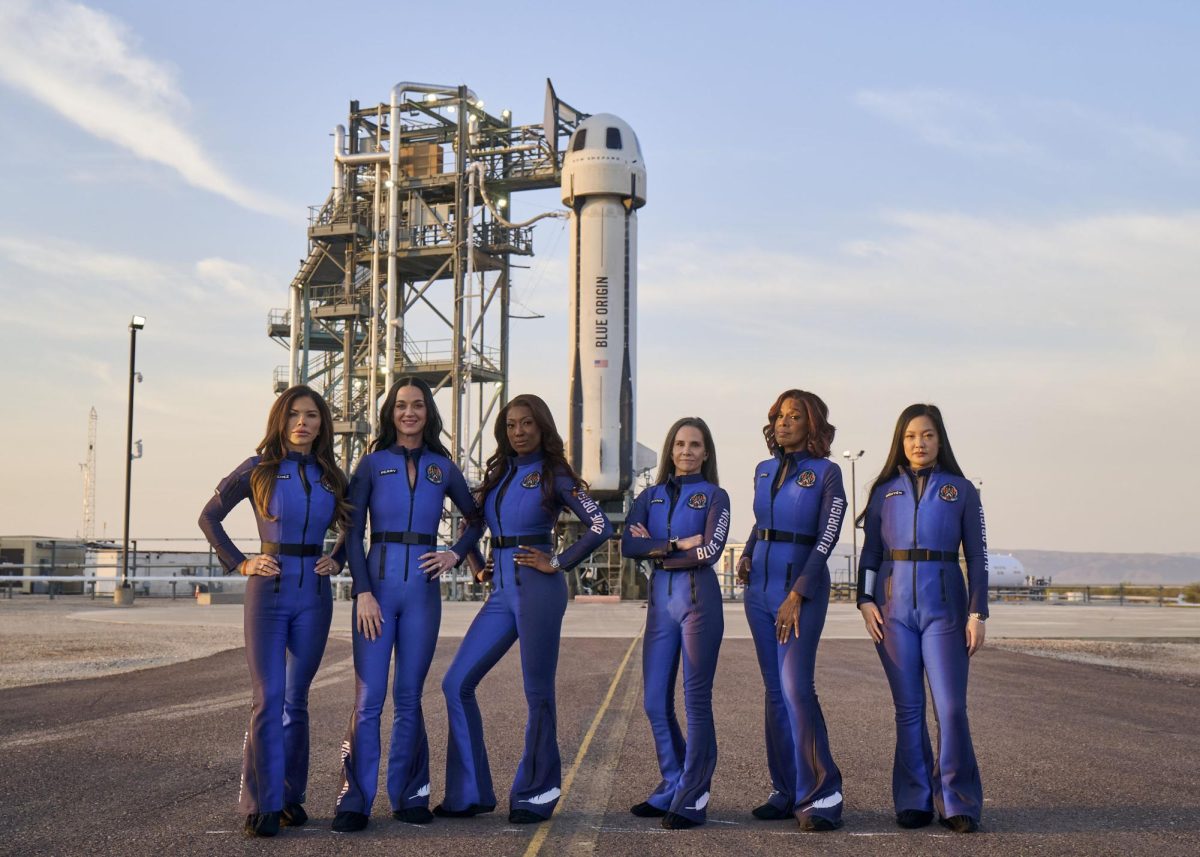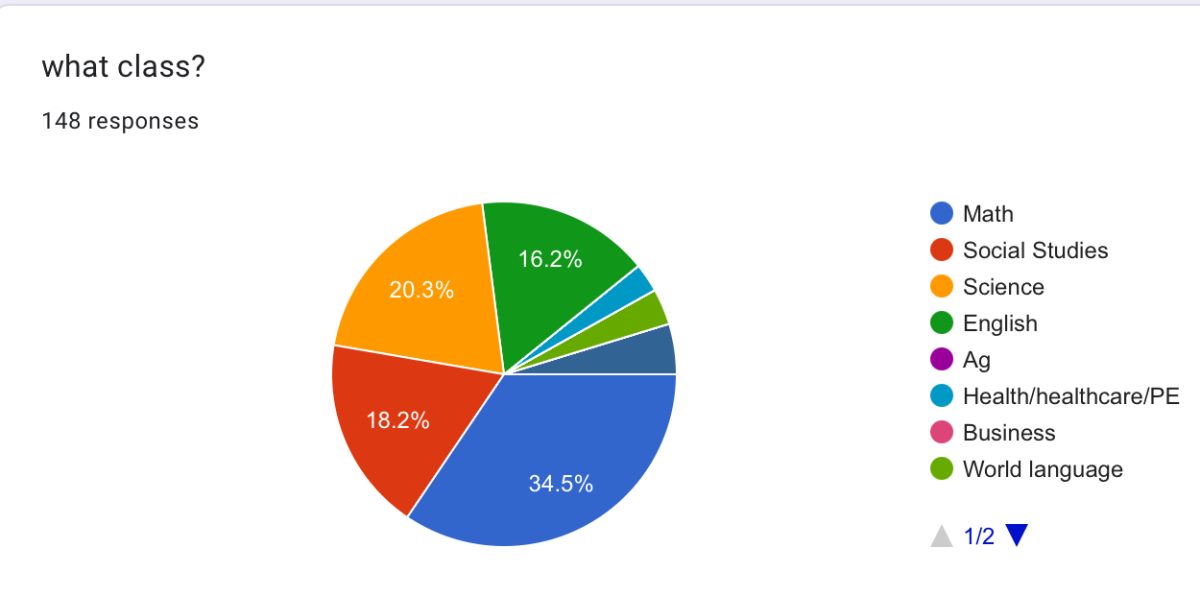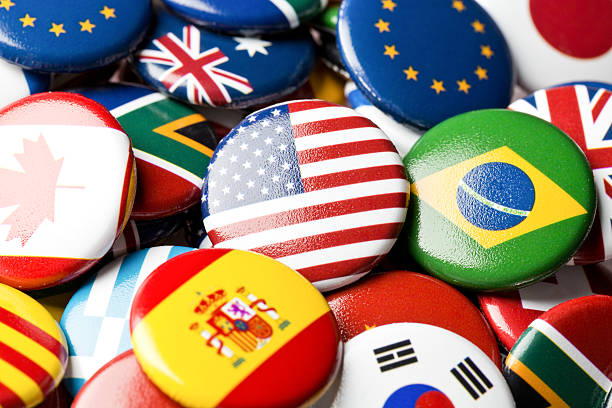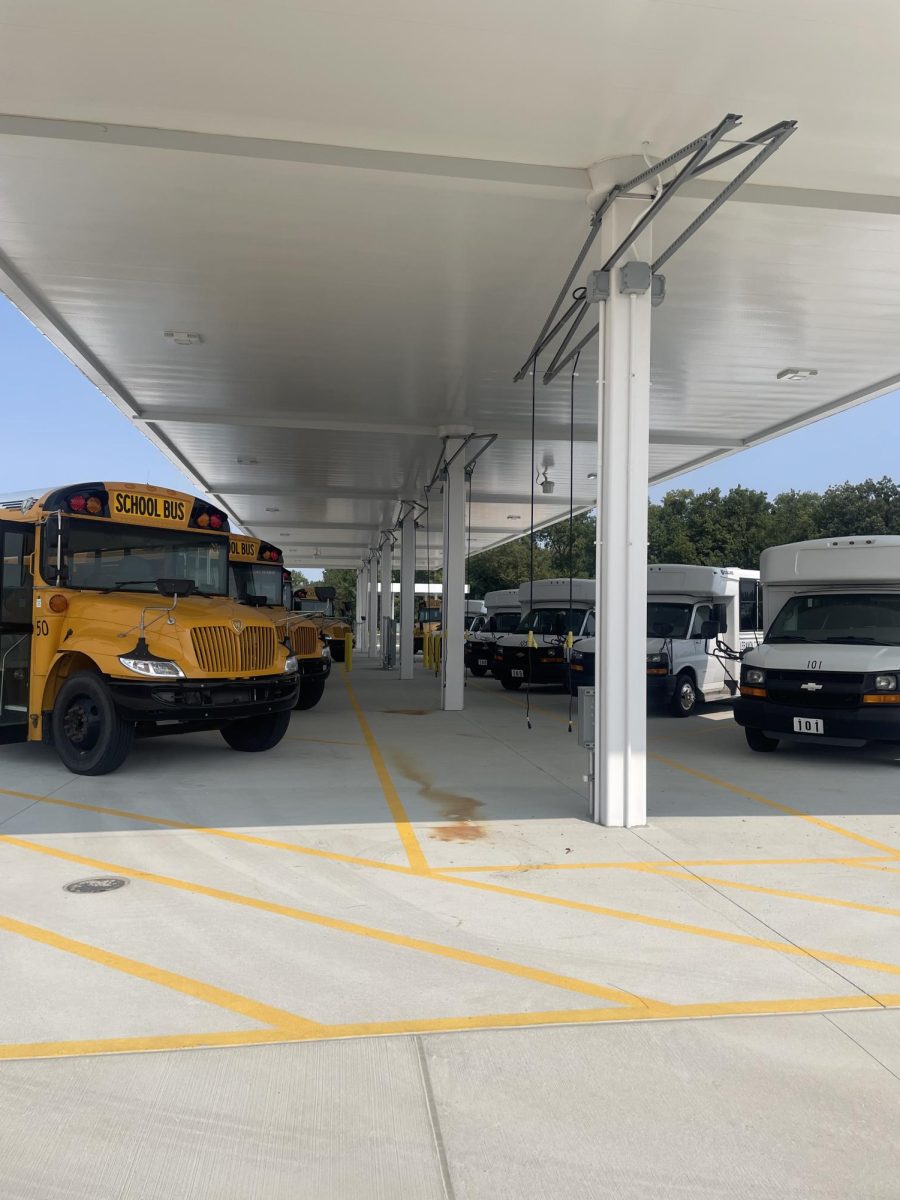Everyday there are new technological and scientific advancements; discoveries that can change the foundations for our understanding in a specific field. Some discoveries are more groundbreaking than others, one such discovery may have been found last month by the company Microsoft with their Majorana 1 chip, which is capable of creating a new state of matter.
The Majorana 1 chip was a part of a test of quantum computing that created a new state of matter that is produced from topological superconductors; that are used to “realize quantum computers capable of solving meaningful, industrial-scale problems in years, not decades” (Microsoft). Topological superconductors are parts of quantum computers that are described by a material that conducts electricity efficiently without any resistance when cooled, and is topological meaning that it contains special properties in its structure that protects the material. The chip converts Majorana particles (particles that are able to cancel themselves out) to usable qubits. Qubits or quantum bits are defined as pieces of information used in quantum computing which unlike normal bits (which are 0 or 1) because they can be both 1 and 0 at the same time.
The new state of matter allows the Majorana 1 chip to “fit a million qubits on a single chip that can fit in the palm of one’s hand,” (Microsoft). The new state of matter is different from a gas, solid, or liquid due to its topological structure. The matter allows quantum computers to process important real world issues such as how to break down microplastics into biodegradable substances and to map out mathematically how nature interacts with each other in fields such as biology and chemistry.
These breakthroughs in technology could change how we understand science and mathematics. The science field having a potential new state of matter could widen our definition of matter and change how we are taught the phases of matter in schools. When asked about how such a discovery may be taught in schools, LHS science teacher Mr. Hiatt said “I hope it changes the way we define solids, liquids, and gases… whenever we make a definition broader it’s better for science.” One issue that may delay the introduction of this topic in the curriculum is the fact that the Majorana 1 chip is privately owned by Microsoft. When asked if he thought this technology should be available for the public, Mr. Hiatt said “I think it’s important to have peer review.” But even if privately owned, the technological advancements that are on the horizon will benefit society in the long run.






















